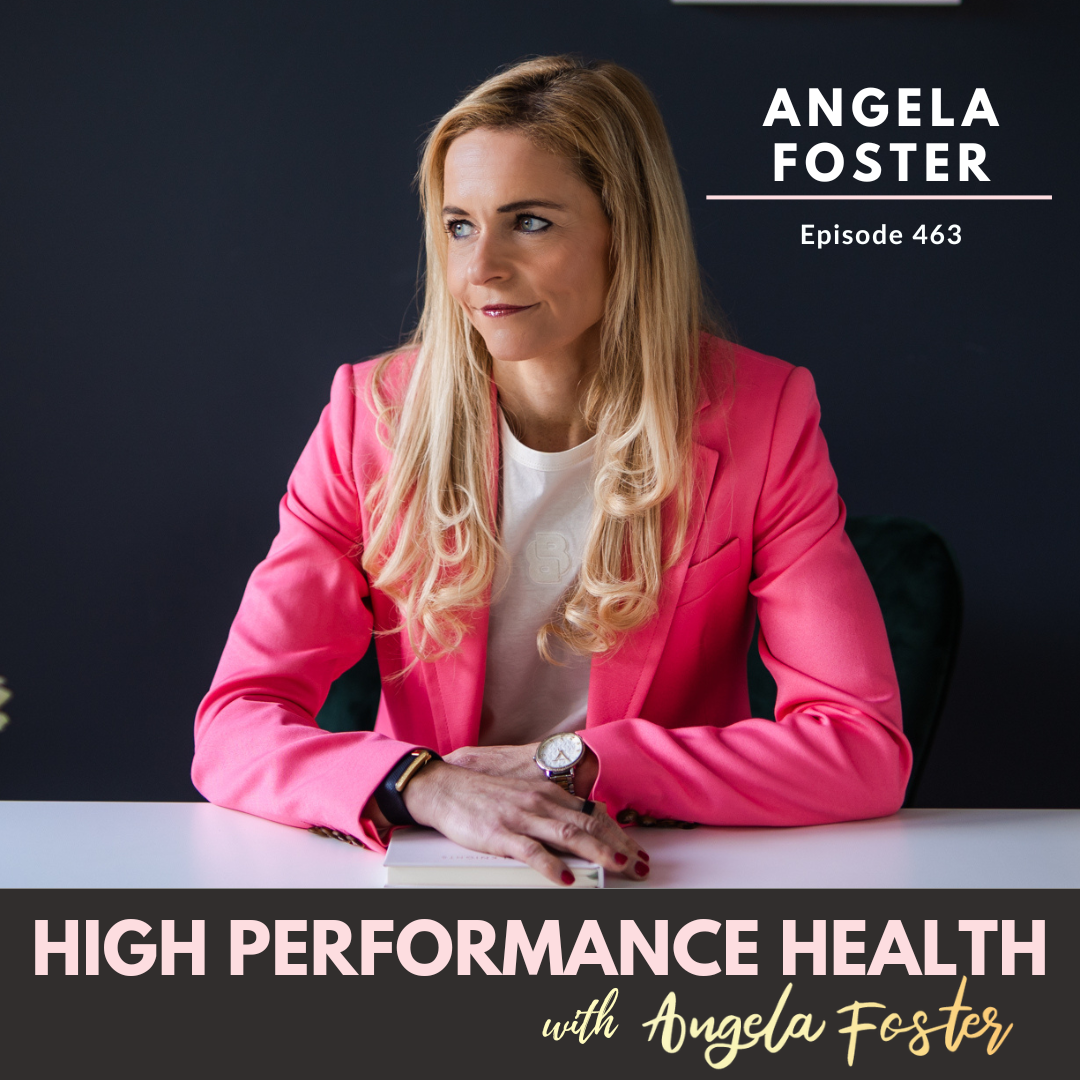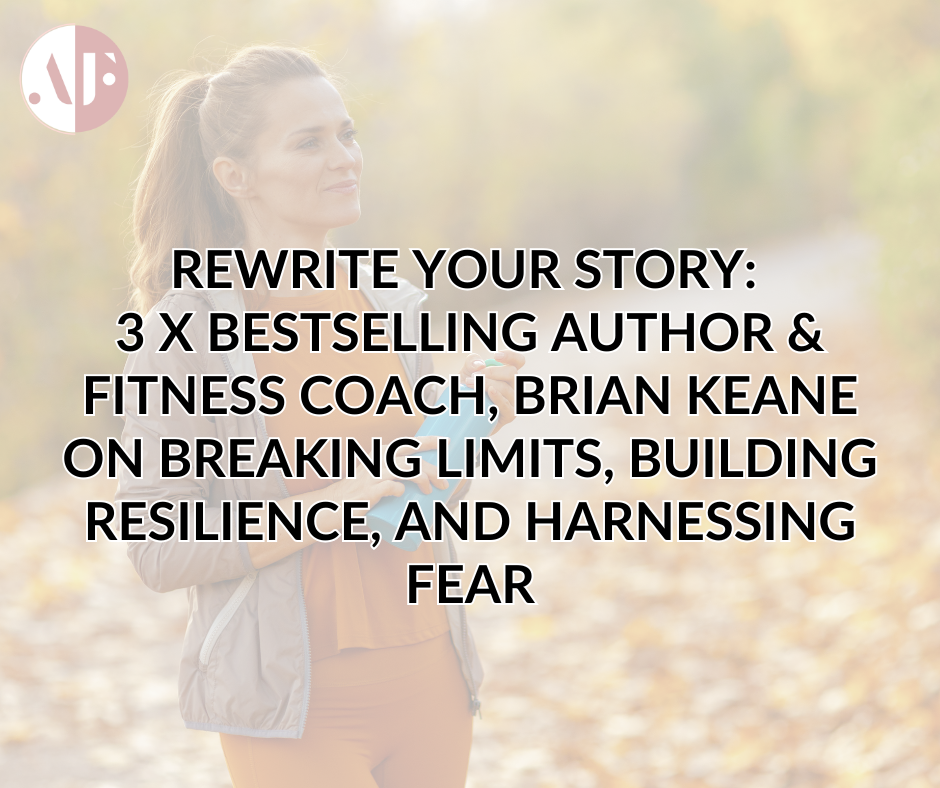HOW TO MAKE CHANGES THAT LAST
GOAL SETTING 2019: HOW TO MAKE CHANGES THAT LAST
The New Year is upon us and many of us are motivated to make big changes to our lives, such as lose 30lbs or squat 150kg or have a “Dry January”. While these are all commendable, they are big goals and they don’t tell us how, or why we want, to achieve them. Are you going to rely on motivation to achieve these goals? What will you do when you fail? We can all too easily slip back into bad habits. What will you do after you achieve these goals? What will life look like once you have achieved them? 91% of all New Year’s Resolutions fail. Why is this? Is it because the resolutions are too ambitious? Is it because they do not consist of clearly defined goals? Or is it because you haven’t changed as a person? You want to live a healthy, purposeful and remarkable life. To do this you need to adopt the habits and behaviours and decisions of a healthy, disciplined and remarkable person. Average behaviour yields average results. Remarkable behaviour leads to a remarkable life.
Most habits that you have – good or bad – are as a result of many small decisions taken cumulatively over a period of time. Your life today is essentially the sum of your habits. To achieve lasting change, before taking on a new habit, you need to identify the person you need and more importantly, WANT to become. Don’t chase overnight transformation or success, think of the person you need to become to achieve the results that you want. Why do you want to achieve those results? Let’s take the example of someone who wants to lose weight. They know that they need to define this goal more clearly so they decide to lose 30lbs by the summer and that they will join a gym to facilitate the weight loss. They start off full of motivation and drive, going to the gym 3 times per week and adhering to a strict diet. Initially they lose weight quickly (as with all diets the first few pounds come off easily), but then they seem to plateau. They lose motivation to go to the gym and put it off until “tomorrow” which we all know means never and they become one of the 91%. Many people who lose weight by starting a strict diet and exercise regime often regain the weight lost and more. So how can we change our habits to ones that stick? How do we become the person we want to be? There are 12 steps to creating lasting change.
1. DEFINE THE GOAL CLEARLY AND WRITE IT IN THE PRESENT TENSE
In the case of weight loss, an example would be “I will lose 7lbs by Valentine’s Day”. The end date is long enough to make the result achievable and short enough to encourage compliance.
2. KNOW YOUR WHY
Why do You want to achieve this goal? This should be linked to an emotion or desire. E.g. I want to lose 7lbs so that I look good naked or so I can play football with my kids or because it’s the first step to me completing another goal/becoming the person I want to become.
3. DEFINE THE PERSON YOU NEED TO BECOME
Decide on the person you want to be. Rather than focussing on the end result or transformation, focus on the person you need to become to achieve your goal and write it in your journal or somewhere you can see it, in the present tense. E.g. I am a fit and healthy, self-disciplined person. Resolve to act in accordance with those qualities.
4. HOW WILL YOU ACHIEVE THIS GOAL?
You’ve set a deadline. Now set a schedule. I will go to the gym on Mondays, Wednesdays and Fridays after work and go for a long walk on Sundays. Put it in your diary.
5. WHAT HAPPENS WHEN YOU FAIL? AND YOU WILL FAIL….
We all fail because of circumstances. It happens to the best of us. This does not mean that you are a failure. Acknowledge the circumstances and get back on track at the very next opportunity. We all go off track. What separates top performers from other is that they get back on track straight away.
6. WHAT WILL LIFE LOOK LIKE WHEN YOU ACHIEVE THIS GOAL?
This should be the reward. E.g. I will look good in my skinny jeans. I will have more energy to play with my kids. My partner will find me more attractive etc. Visualize this as often as you can to help reinforce your goal and behaviour.
7. FOCUS ON A KEYSTONE HABIT
Keystone habits are good habits that lead to a cascade of other behaviours. In this case going to the gym 3 times per week. In going to the gym, you are more likely to eat better, sleep better, become more focussed, wake up earlier and have more energy. Bad habits can have the opposite cascade effect. Take for example, the habit of over-drinking in the evenings. This leads to weight gain, fatigue, brain fog, hitting the snooze button, getting up later, less motivation etc.
8. TACKLE THE BAD HABITS THAT WILL STOP YOU ACHIEVING YOUR NEW GOAL
Using the example of over-drinking or over-eating through snacking etc., look at the triggers. Most bad habits are motivated by 2 things: stress or boredom. When you know your trigger, you can set up a new behaviour. Take the example below: Thought: I’ll just have a biscuit / pour a glass of wine Ask Why: Is this because I feel stressed or bored? If Yes to Stress: This is a good time for me to take a few deep breaths / 60 seconds of meditation or some yoga / stretching If Yes to Boredom: What can I do for the next 5-10 minutes that I enjoy? Run a bath, read a book, call a friend.
9. FIND AN ACCOUNTABILITY PARTNER
Research shows that we are more likely to stick to our goals if we have a friend or partner who supports us. This can be a person or a Facebook community or other group.
10. CREATE RULES / PHILOSOPHIES TO FOLLOW
Relying on motivation to achieve your goals is not enough as motivation wanes. Create a clearly defined set of rules to follow around your desired goal. This will give you a compass to guide you even when motivation is low and you don’t feel like it. You should have two lists – one consisting of the habits / rules you follow and the other consisting of alternatives to the behaviours that you want to change. This avoids decision fatigue or falling down through a lack of motivation. Crowd out the behaviours you want to control. Using the example of someone who wants to lose weight, their list might go something along the lines of this: Rules · I go to the gym / workout at home on Monday, Wednesday and Friday evenings · I stop eating when I am 90% full · I eat 7 portions of vegetables and 2 portions of fruit per day (this helps to crowd out the undesired bad eating) New behaviours: · When I notice myself eating mindlessly, I will bring my focus back to my breath and focus on the taste, texture and enjoyment of the food · When I find myself wanting to snack between meals, I will look for food that will truly nourish my mind and my body. · When I crave sugar I will have 2 large glasses of water and take a walk.
11. CELEBRATE SMALL WINS
Reward yourself for the changes you are making and the person you are becoming. This will help to reinforce your behaviour and lead to greater results. Don’t have time to go to the gym? Do 20 push ups, 20 air squats and 20 lunges when you get home and congratulate yourself for still exercising at the end of your busy day
12. EMBRACE THE PROCESS
Embrace the process of change, the person you are becoming and the changes you have made. You are on your way to becoming a self-disciplined and successful person. When you change your habits, you change your life and then transformation can take place.
Share Article
Subscribe to receive the latest health tips
Get my latest health, fitness, biohacking, anti-aging tips, and podcast episodes delivered straight to your inbox.
Recent Podcasts

EP 466- The One Tiny Shift Changes Everything: How to Rewire Your Habits Without Willpower | Anne Laure Le Cunff
IHeart Rate Variability (HRV) is one of the most powerful biomarkers we have for understanding how well our body adapts to stress, and it’s a core focus in my BioSyncing® Blueprint. But what actually moves the needle on HRV the most?

EP 465 – How Stress and Missing Nutrients Impact Women’s Blood Glucose Control and Metabolic Health
IHeart Rate Variability (HRV) is one of the most powerful biomarkers we have for understanding how well our body adapts to stress, and it’s a core focus in my BioSyncing® Blueprint. But what actually moves the needle on HRV the most?

EP 464- How to Reverse Biological Age, Balance Hormones & Slow Down Ageing—The Power of Glycans for Women’s Health | Nikolina Lauc
IHeart Rate Variability (HRV) is one of the most powerful biomarkers we have for understanding how well our body adapts to stress, and it’s a core focus in my BioSyncing® Blueprint. But what actually moves the needle on HRV the most?

EP 463- 90-Second Success Formula Daily Habit Mastery for Achieving Your Goals
IHeart Rate Variability (HRV) is one of the most powerful biomarkers we have for understanding how well our body adapts to stress, and it’s a core focus in my BioSyncing® Blueprint. But what actually moves the needle on HRV the most?




















